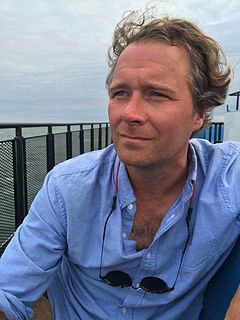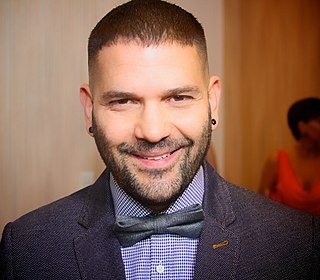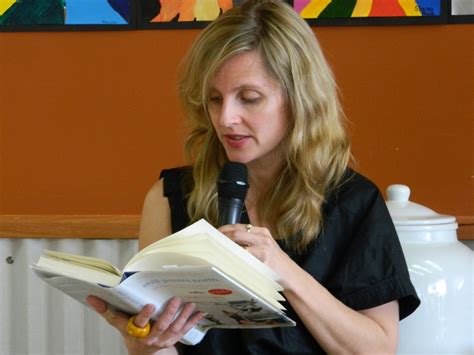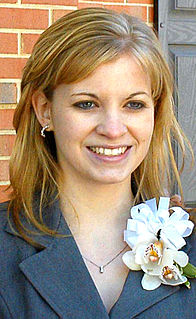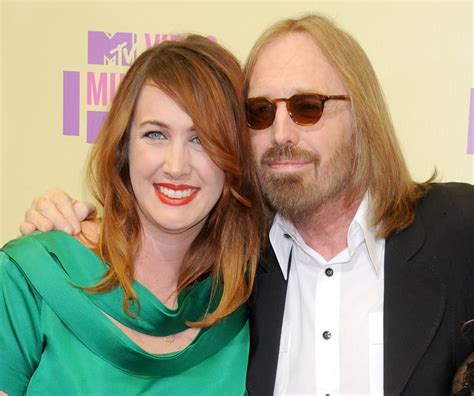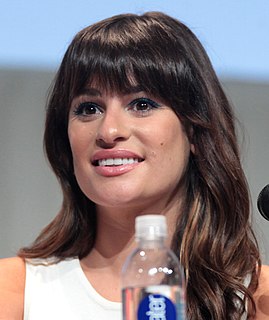A Quote by S. E. Hinton
All my life I wanted somebody who knew more than I did to tell me the truth.
Related Quotes
I wanted to fathom her secrets; I wanted her to come to me and say: "I love you," and if not that, if that was senseless insanity, then...well, what was there to care about? Did I know what I wanted? I was like one demented: all I wanted was to be near her, in the halo of her glory, in her radiance, always, for ever, all my life. I knew nothing more!
The issue is that when you're a critic it's hard to tell the difference between the thrill of denouncing and telling the truth. Telling the truth to me feels more often like denouncing than like praising. There are many more concrete advantages in the world for people who praise than for those who denounce. So if you want to tell the truth, oftentimes you're going to err on the side of denouncing. That's just something I have to work on.
If I'm using Nonviolent Communication I never, never, never hear what somebody thinks about me. Never hear what somebody thinks about you, you'll live longer. You'll enjoy life more. Hear the truth. The truth is that when somebody's telling you what's wrong with you, the truth is they have a need that isn't getting met. Hear that they're in pain. Don't hear the analysis.
I wanted people to trust me, despite anything they'd heard. And more than that, I wanted them to know me. Not the stuff they thought they knew about me. No, the real me. I wanted them to get past the rumors. To see beyond the relationships I once had, or maybe still had but that they didn't agree with.





